Introduction to Fresh Cabbage
Fresh cabbage is a versatile and nutrient-rich vegetable that is a staple in many cuisines around the world. Known for its crisp texture and slightly peppery flavor, cabbage can be enjoyed in a variety of dishes, from salads to soups, and even as a fermented food like sauerkraut.
Nutritional Benefits of Fresh Cabbage
One of the primary reasons to include fresh cabbage in your diet is its impressive nutritional profile. Cabbage is low in calories yet high in essential vitamins and minerals, such as Vitamin C, Vitamin K, and folate. Additionally, it is a good source of dietary fiber, which aids in digestion and promotes a healthy gut. Consuming fresh cabbage can also provide antioxidants that help protect the body from oxidative stress and inflammation.
Ways to Enjoy Fresh Cabbage
There are countless ways to incorporate fresh cabbage into your meals. It can be shredded and used as a base for coleslaw, providing a crunchy contrast to the creamy dressing. In Asian cuisine, cabbage is often stir-fried or used in dumplings and spring rolls. For a more traditional approach, try making cabbage soup or stuffed cabbage rolls. Fermented cabbage, such as sauerkraut or kimchi, offers a tangy flavor and additional probiotics, which are beneficial for gut health.
Conclusion
In summary, fresh cabbage is a highly versatile vegetable that not only enhances the flavor and texture of various dishes but also offers numerous health benefits. Whether you prefer it raw, cooked, or fermented, adding fresh cabbage to your diet is a delicious and nutritious choice.


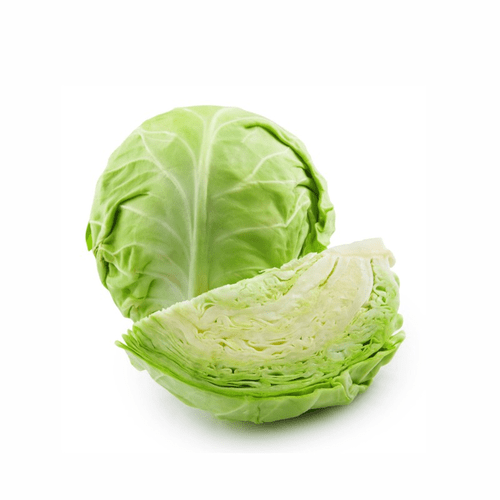
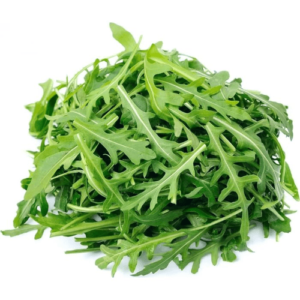
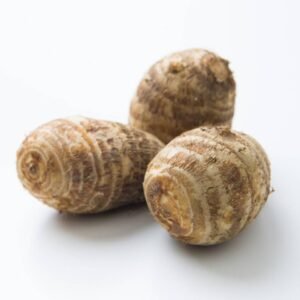

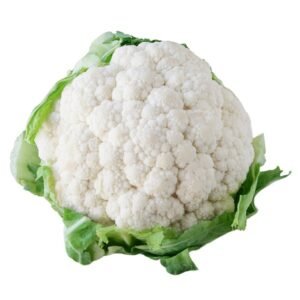
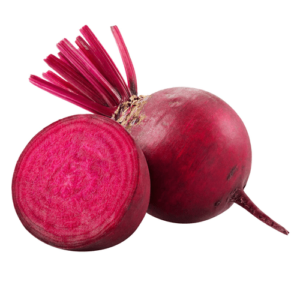
Reviews
There are no reviews yet.